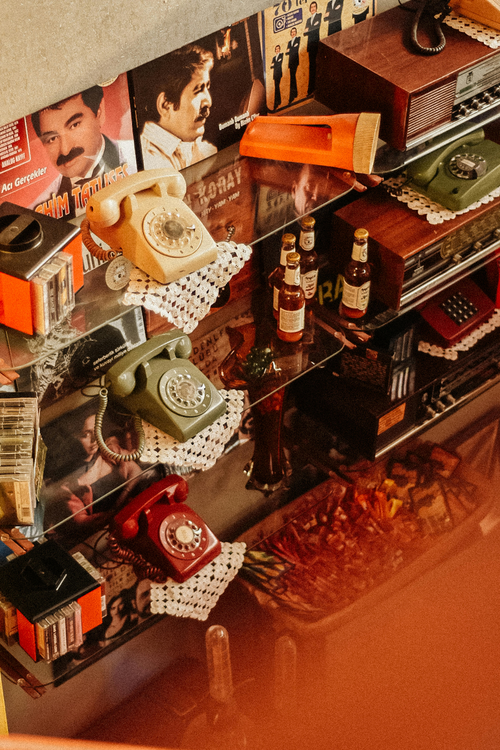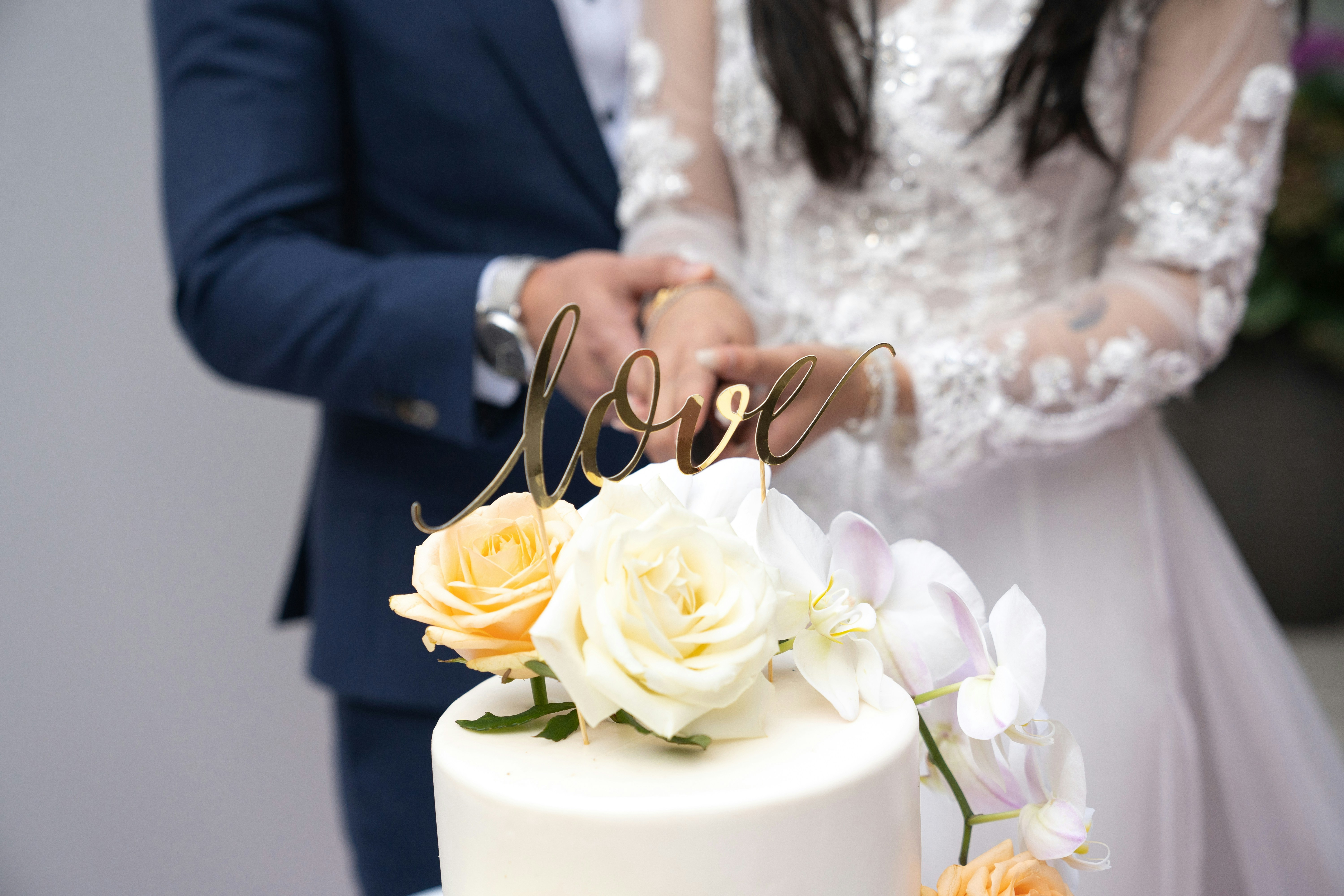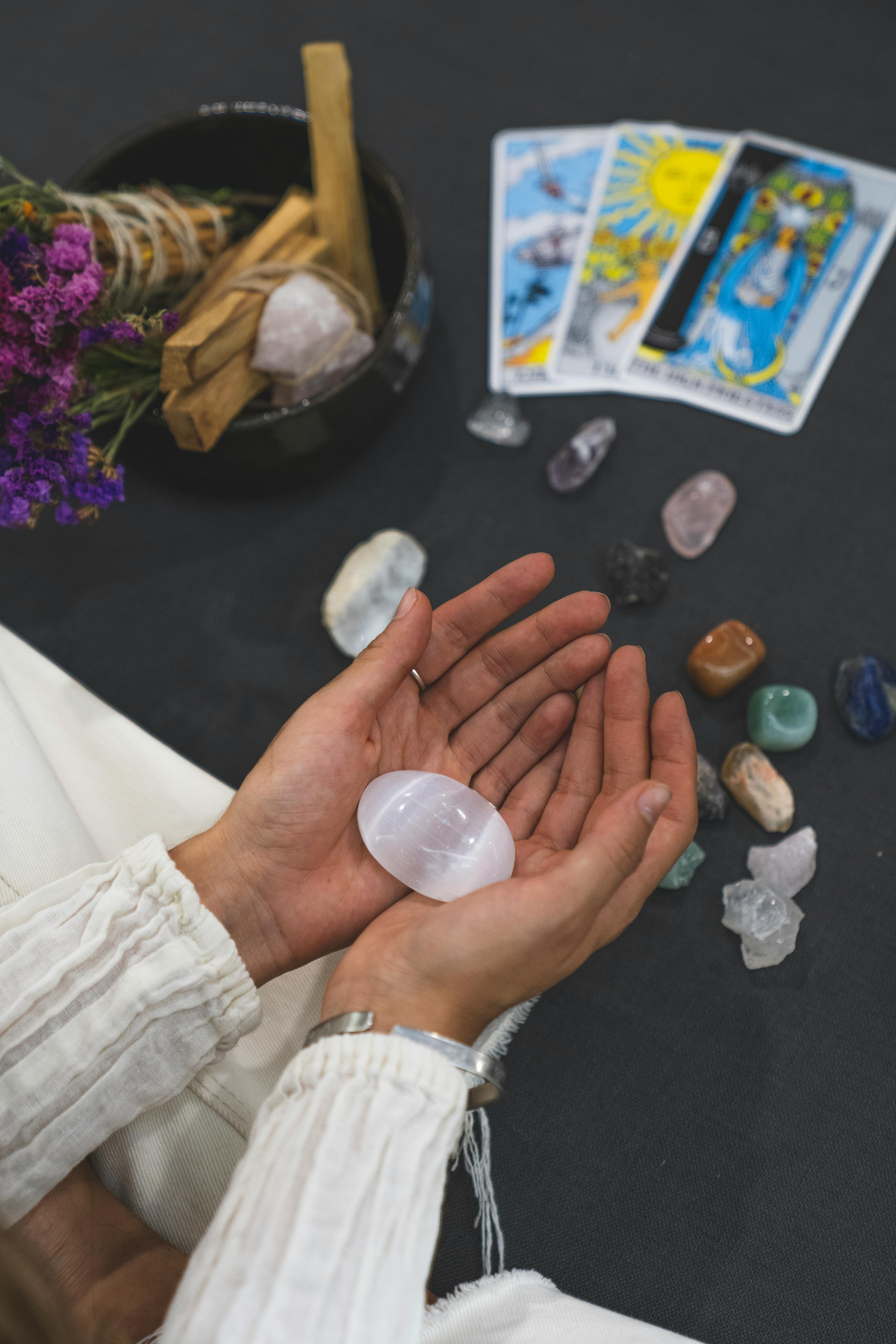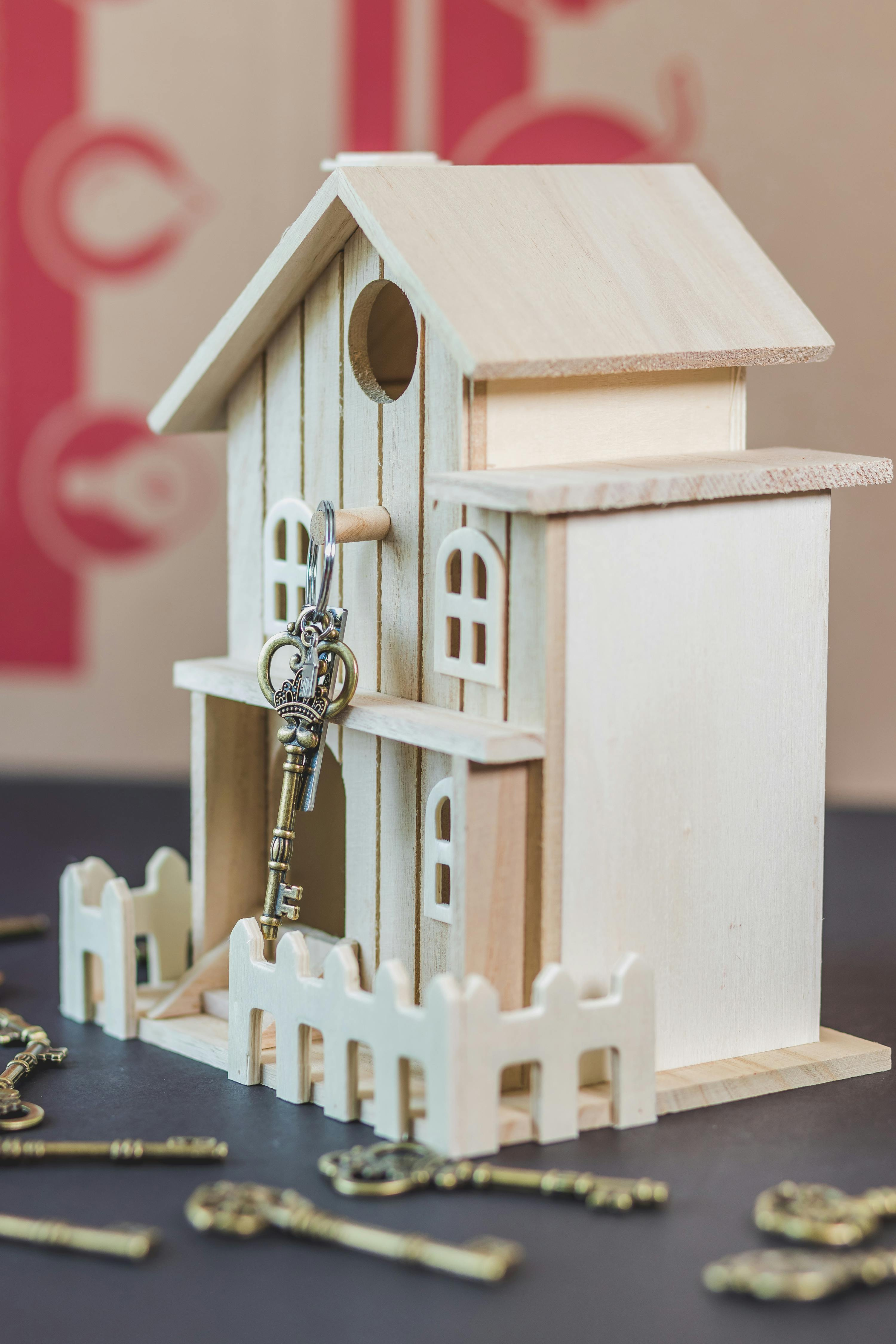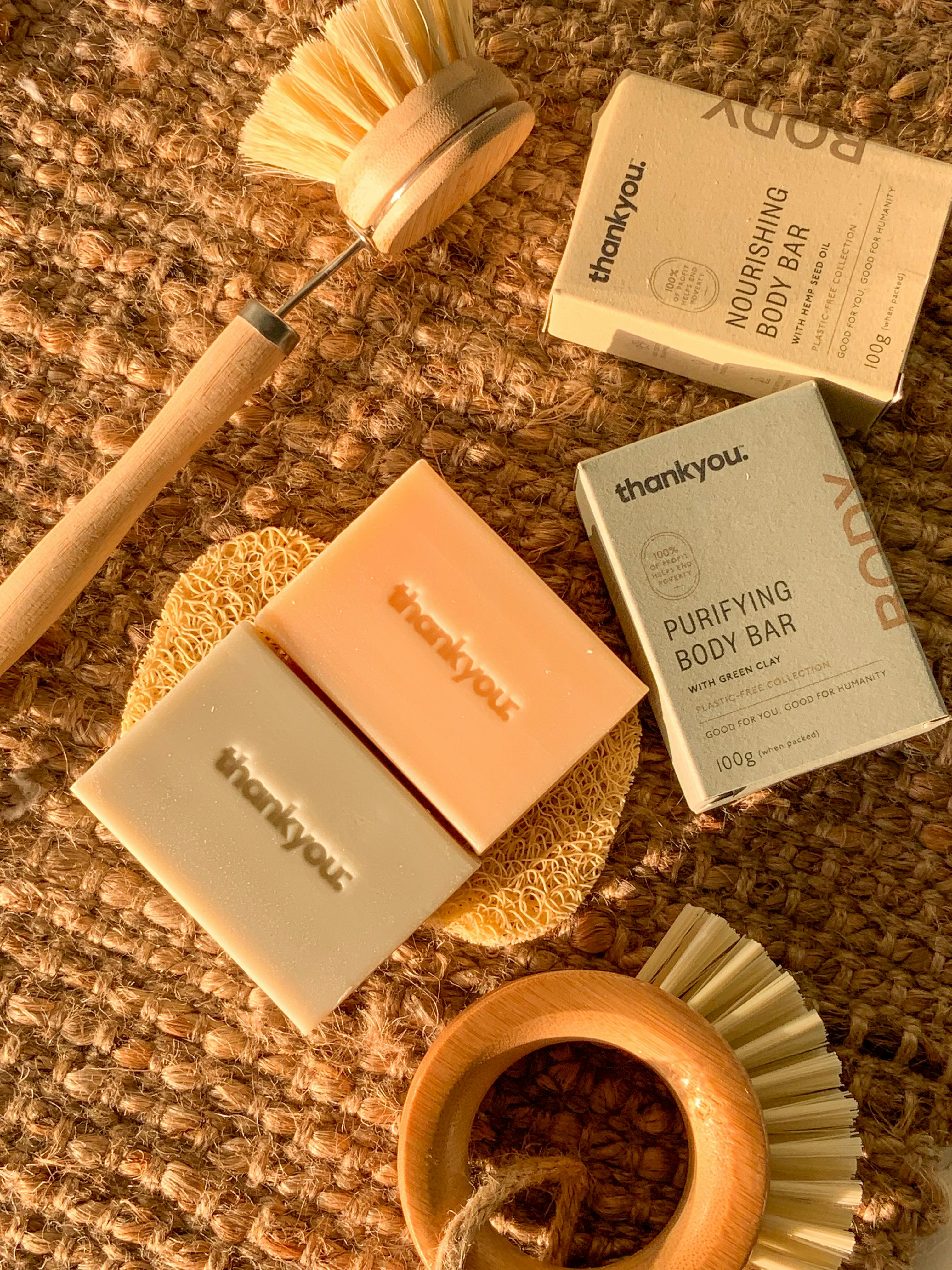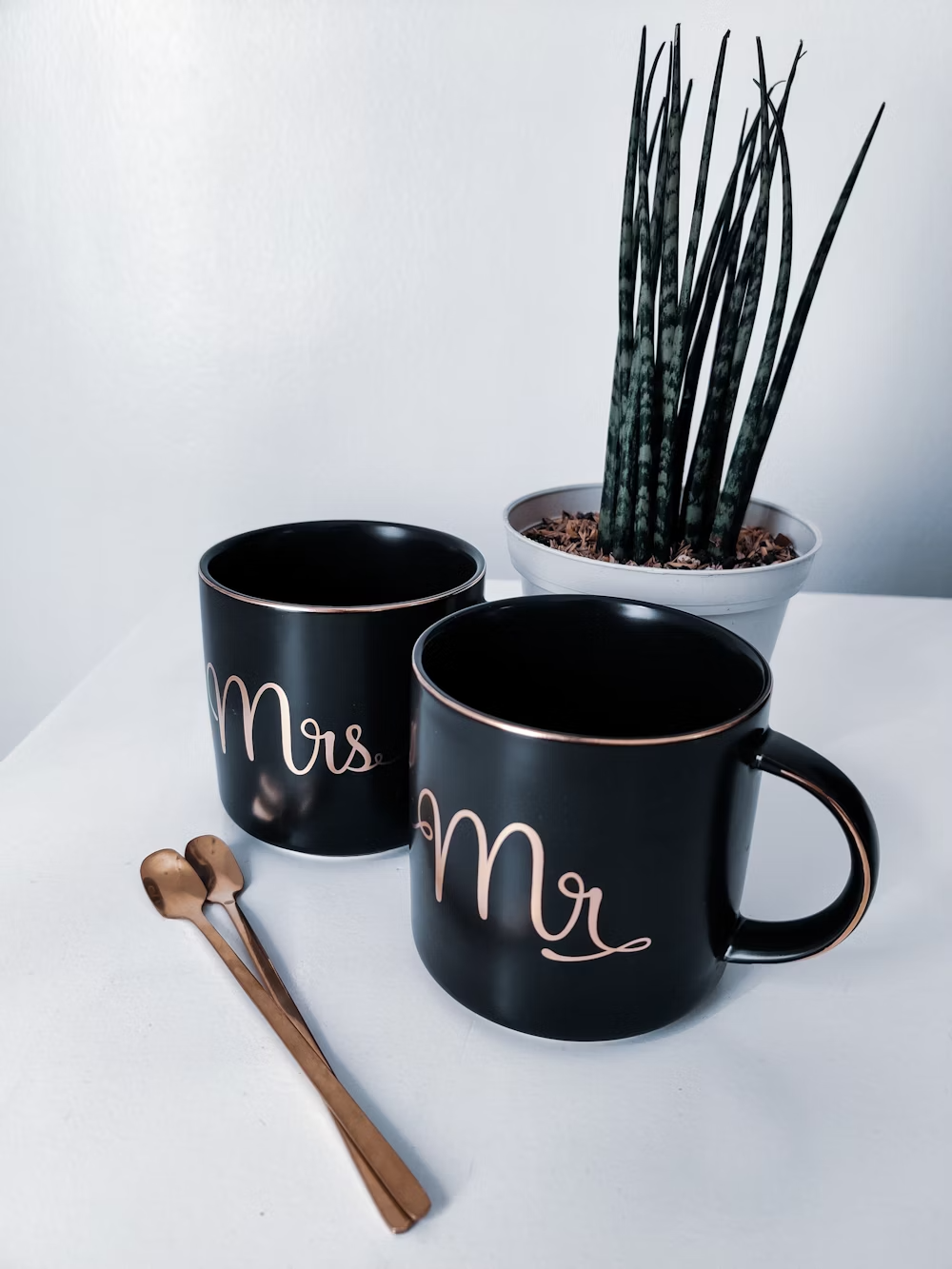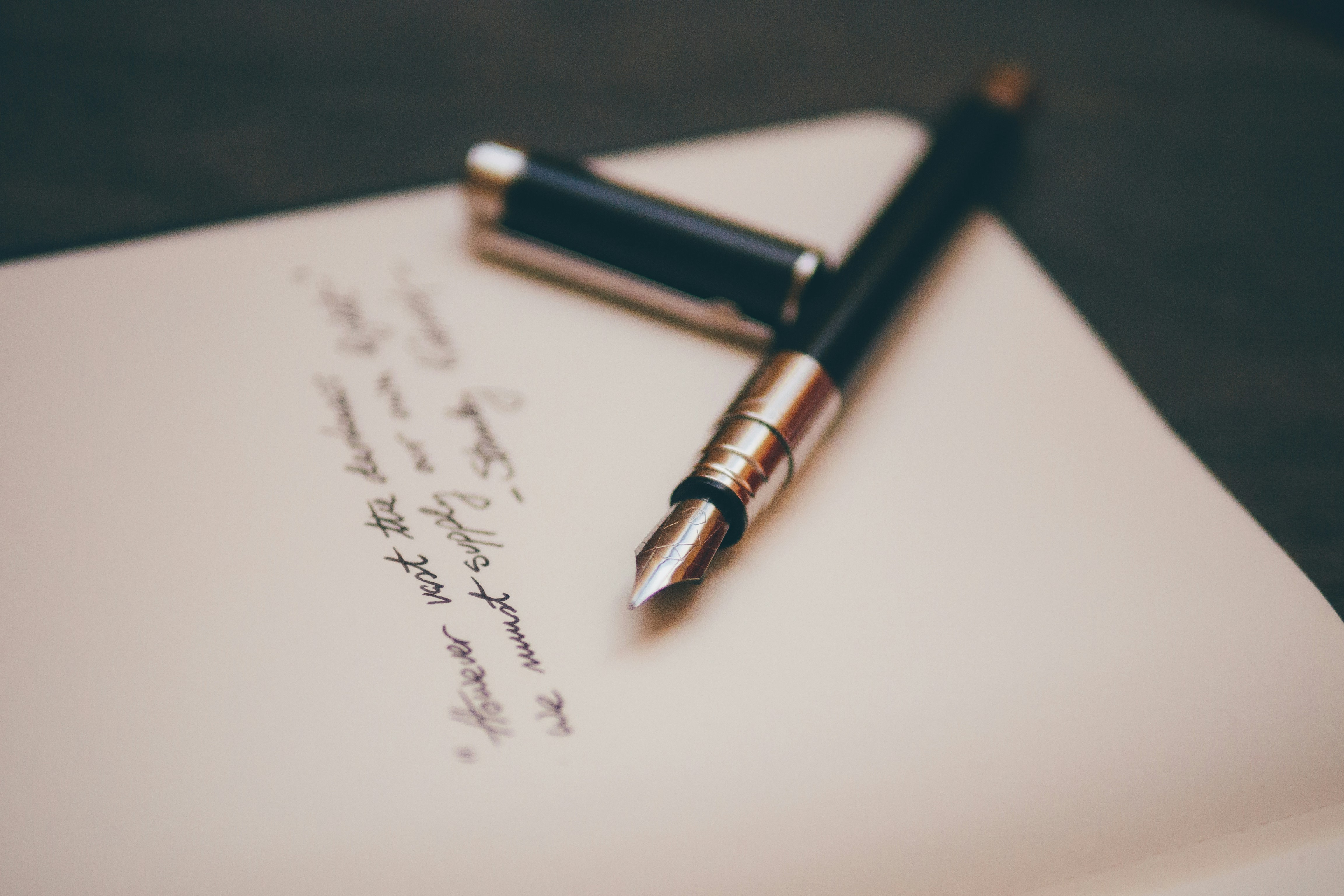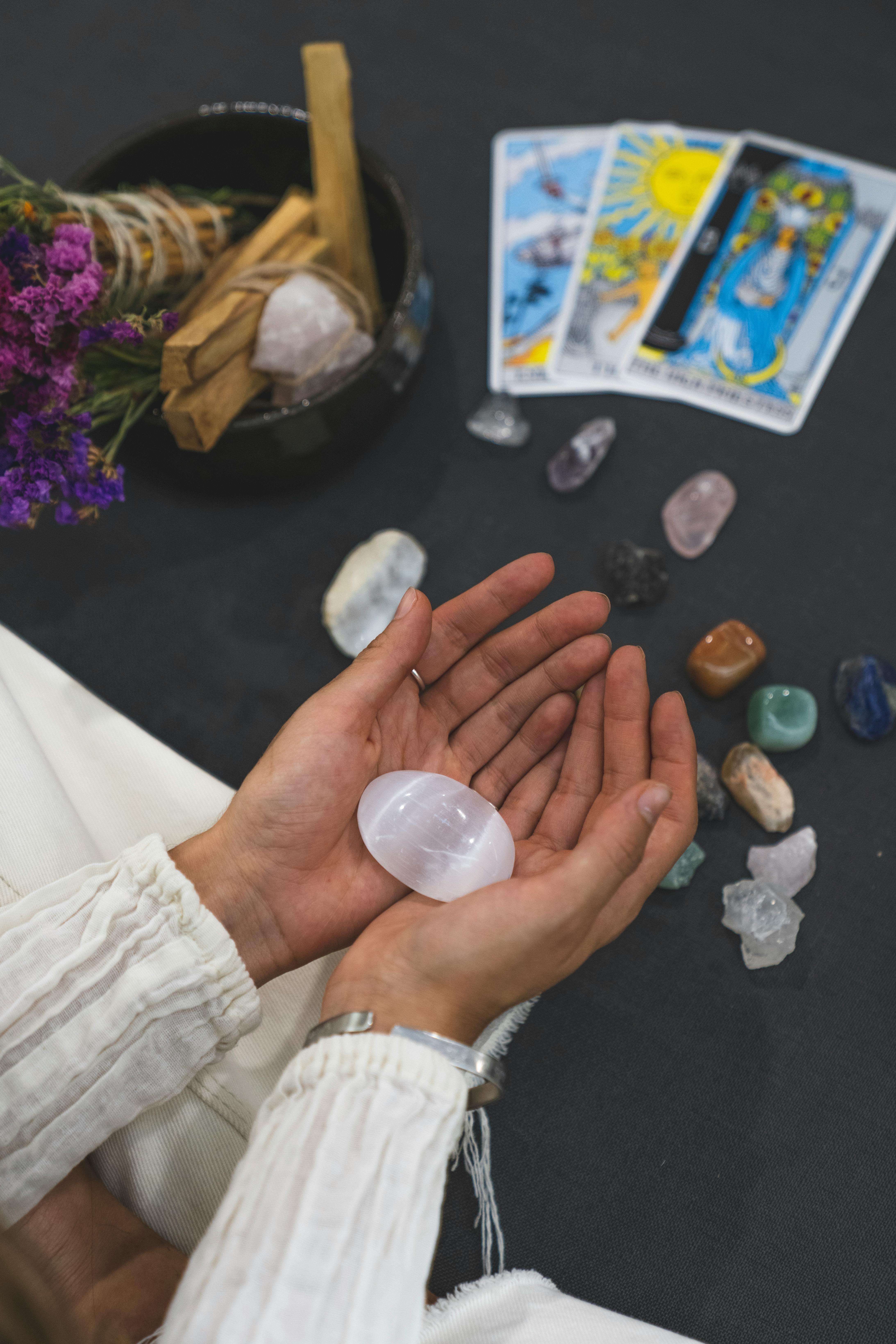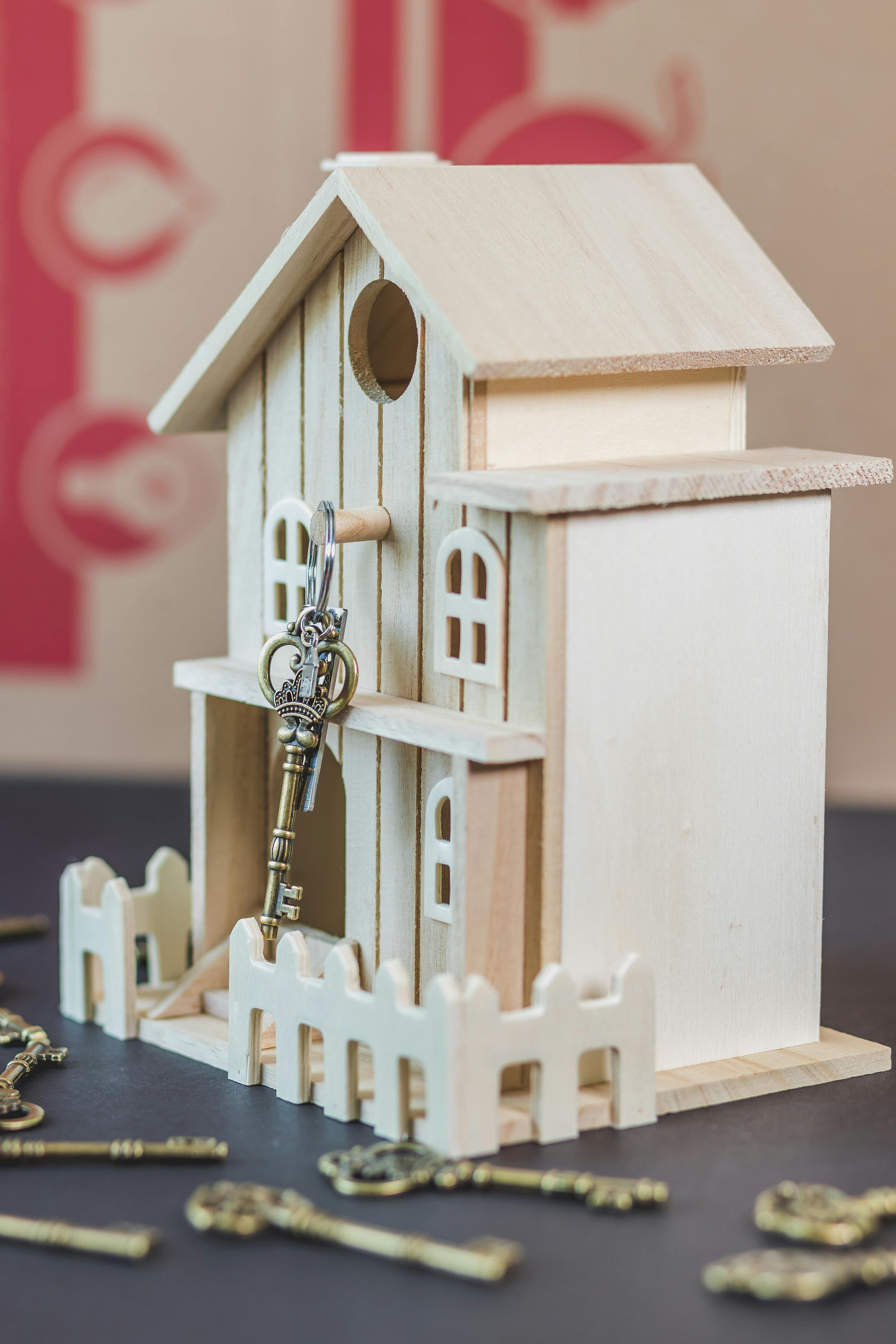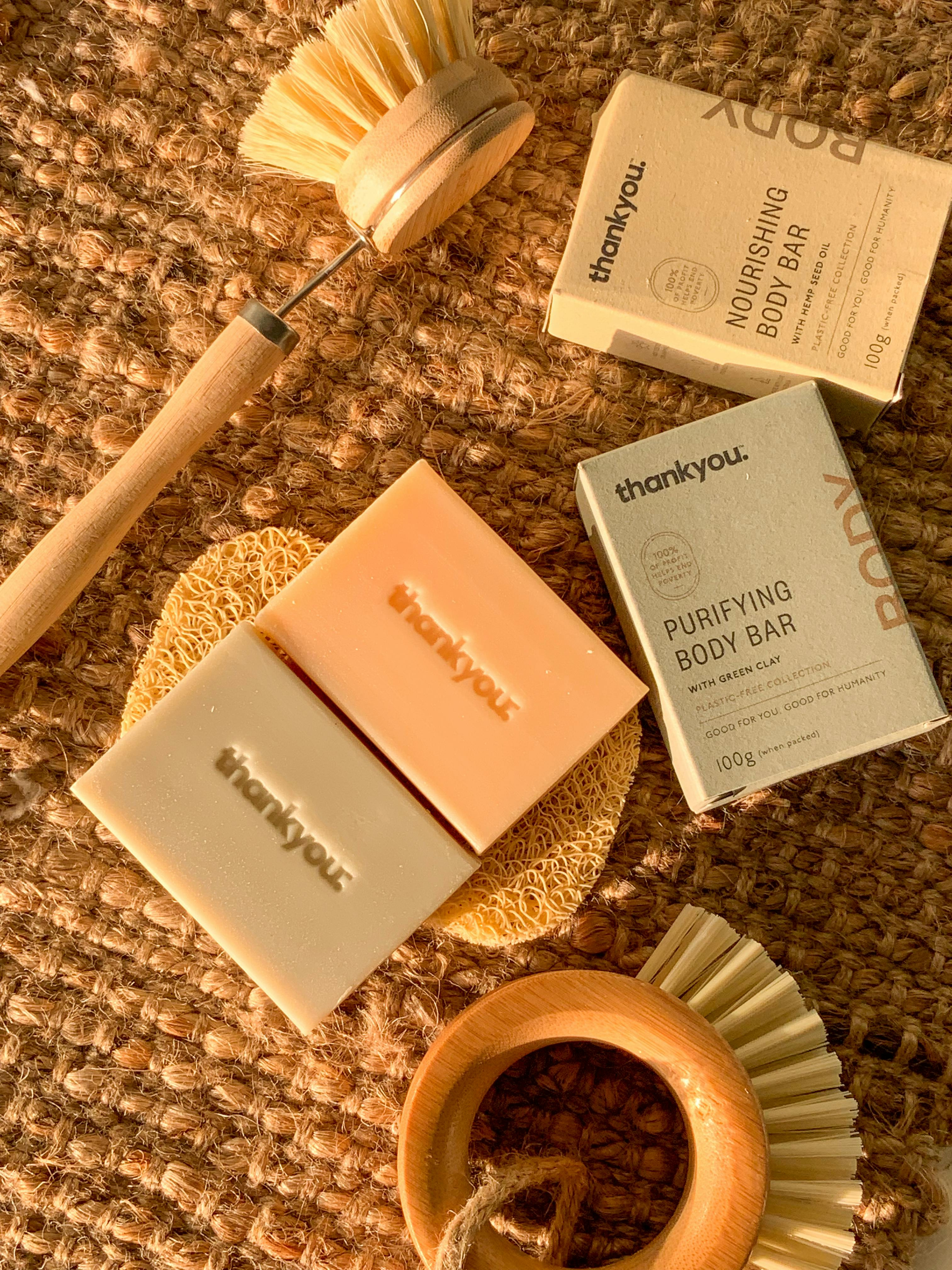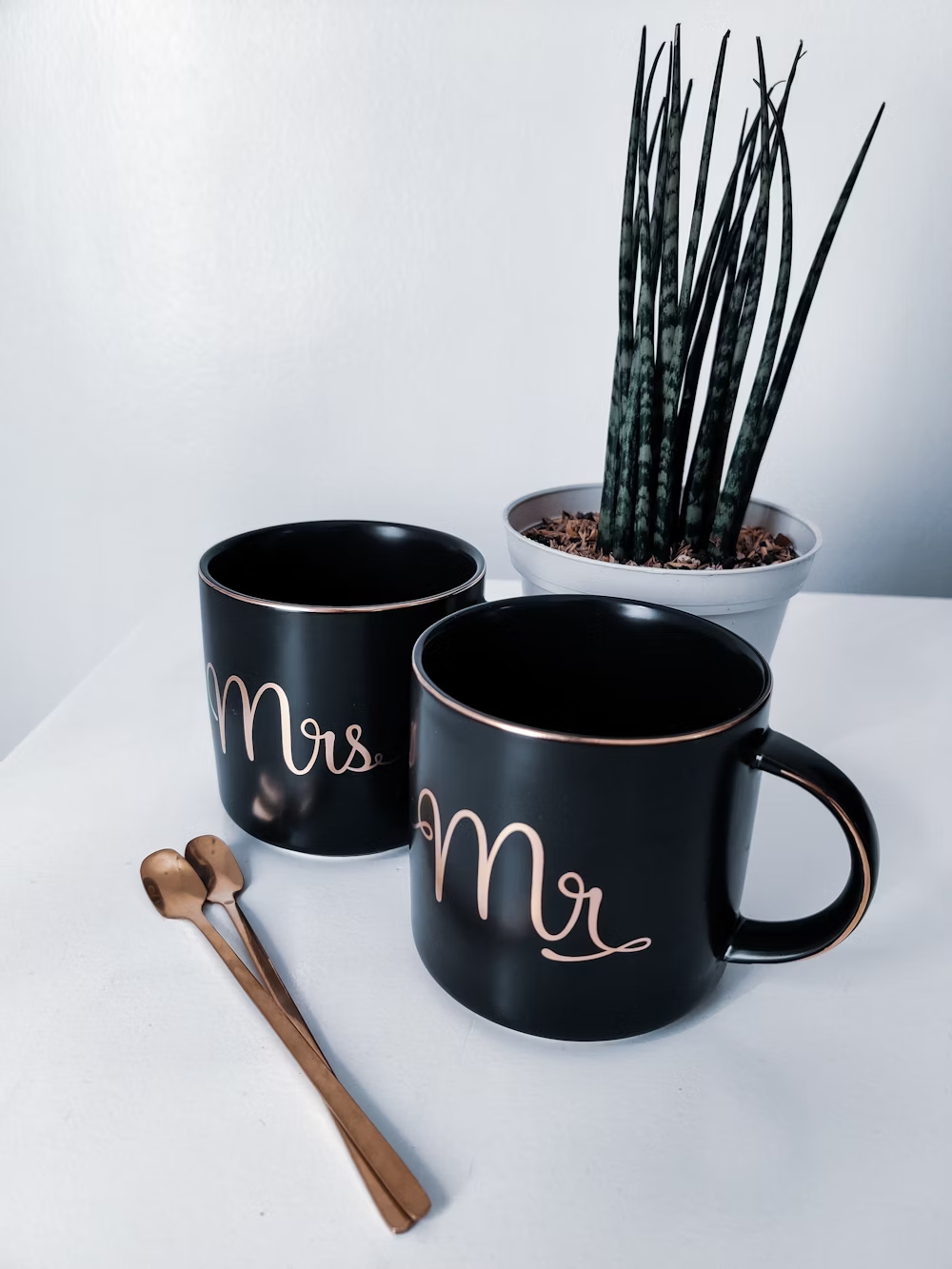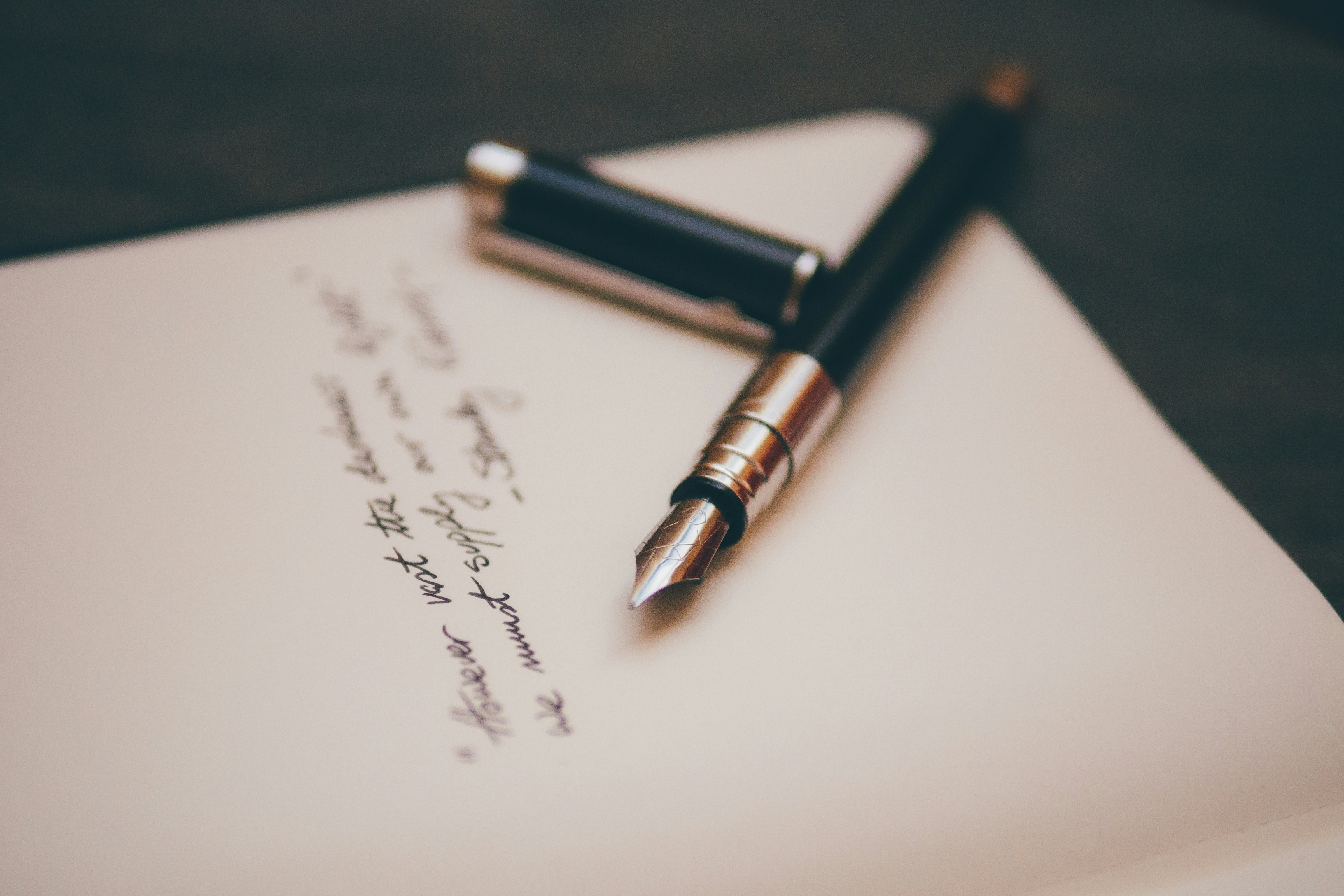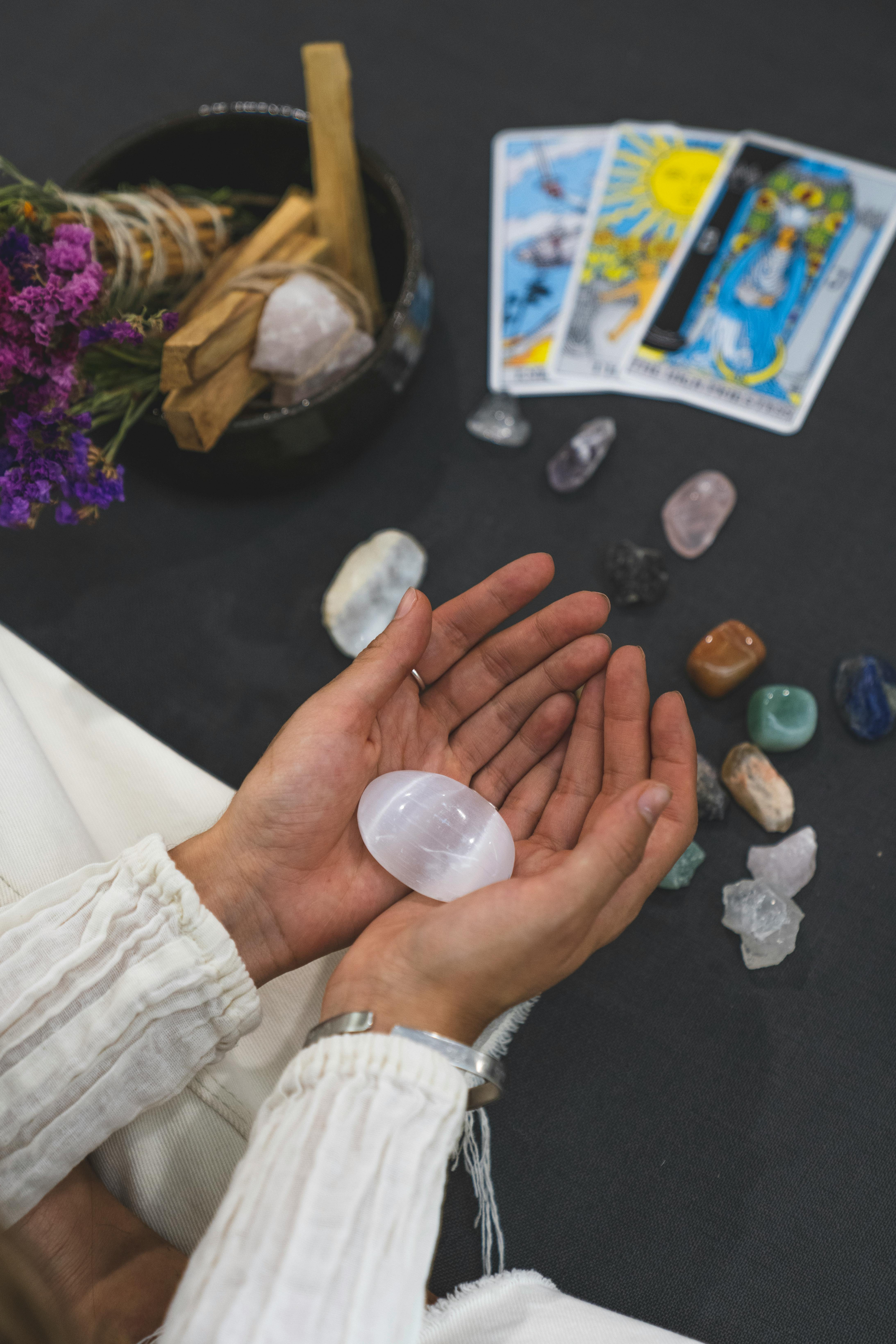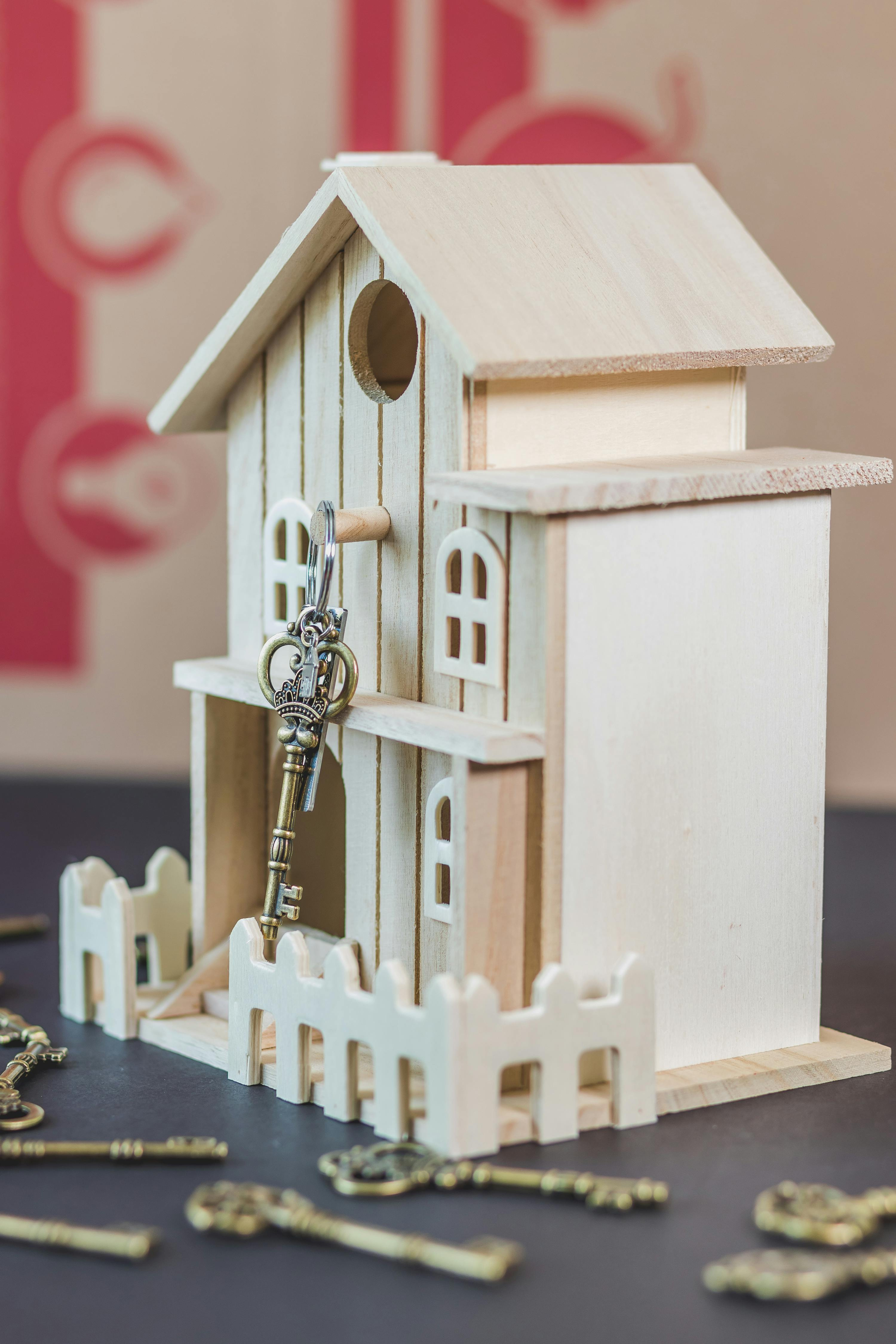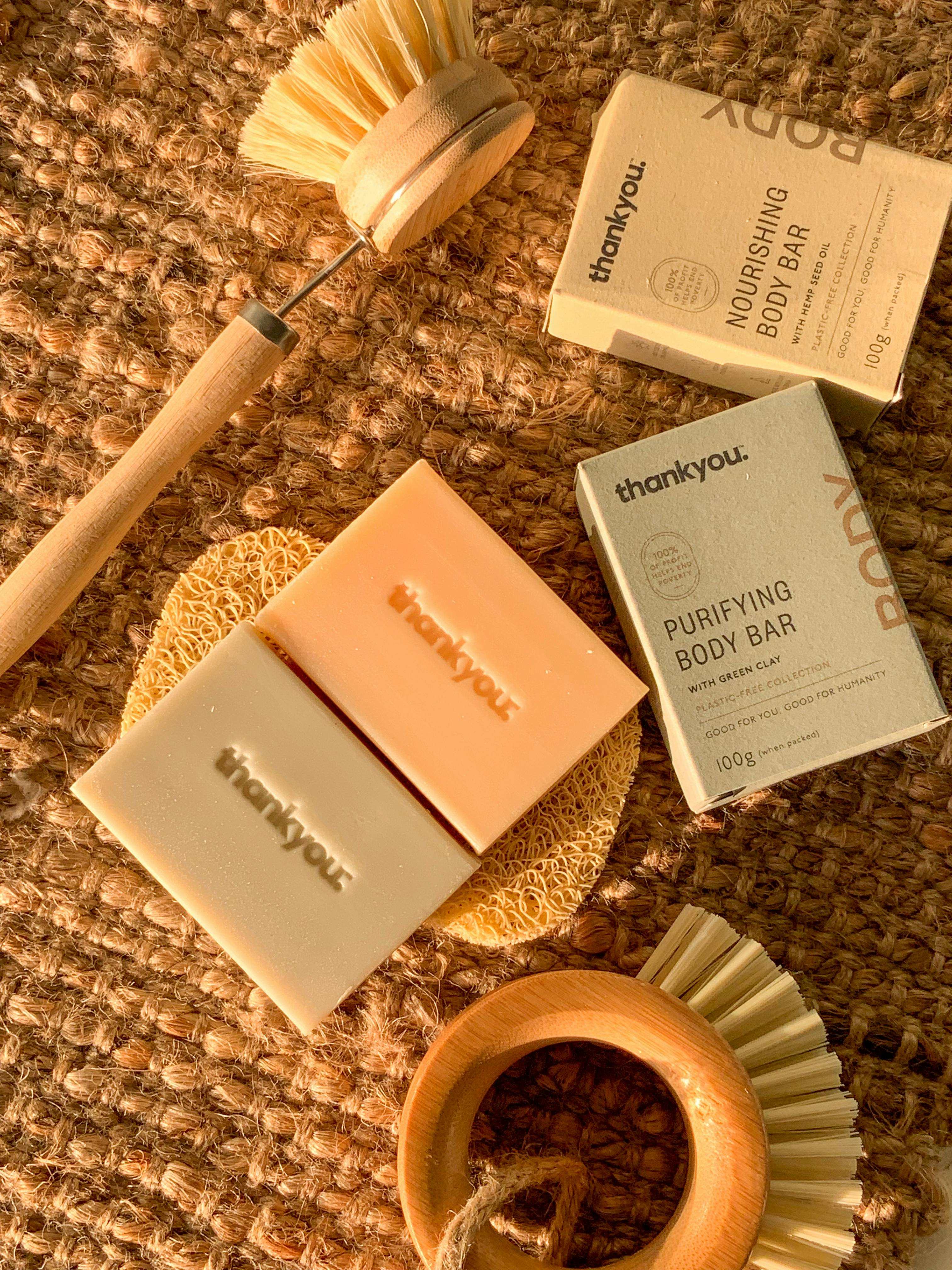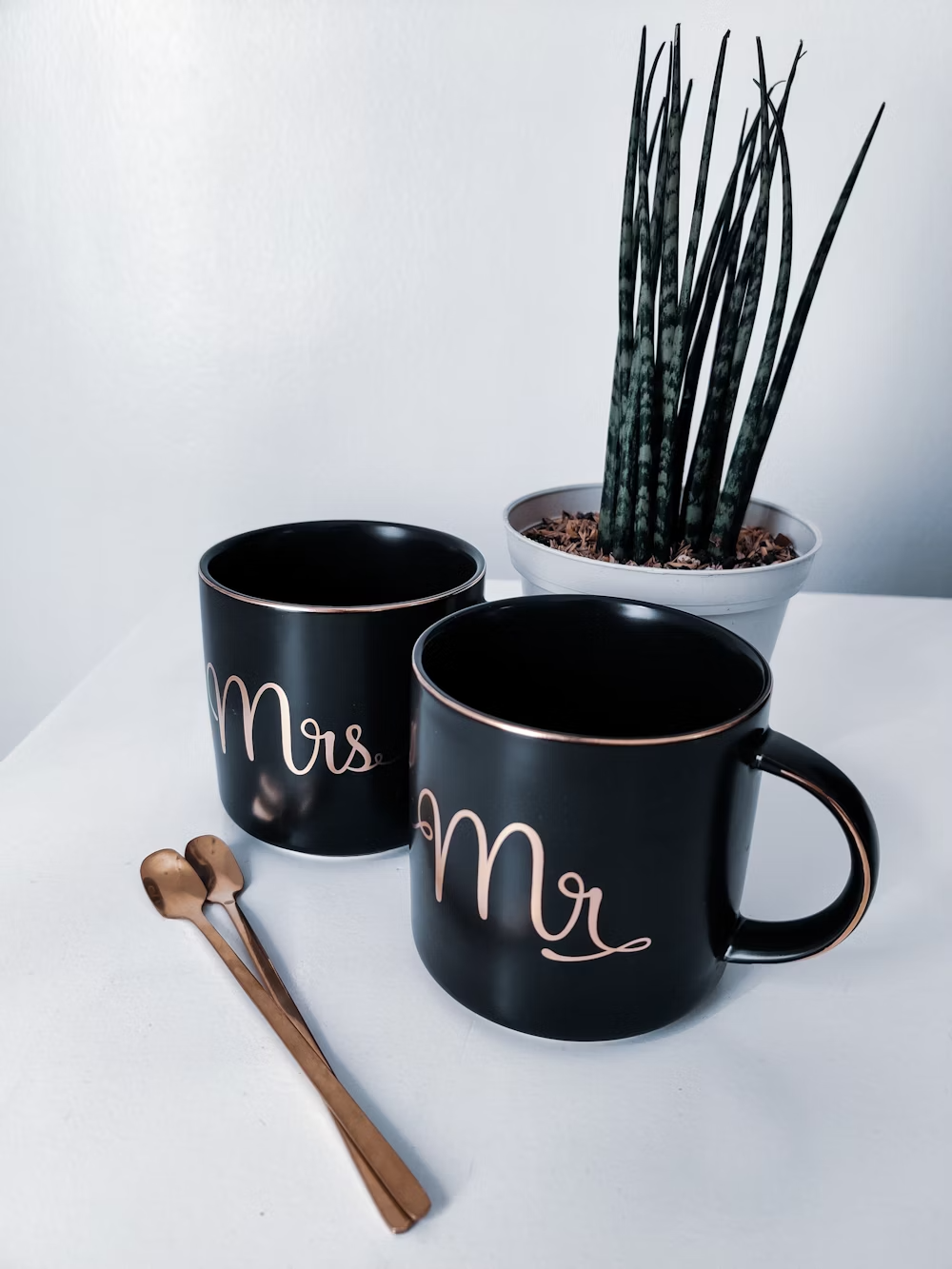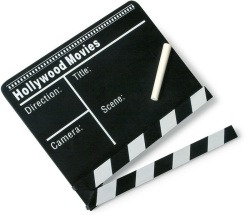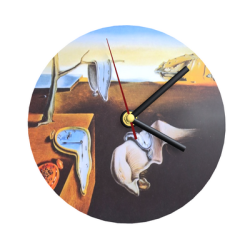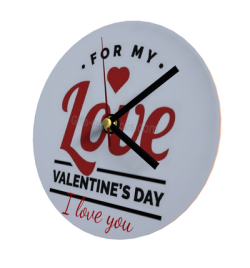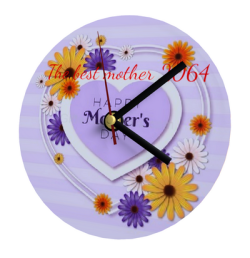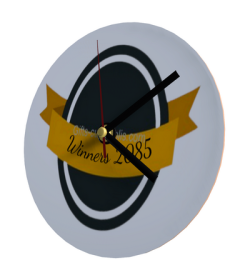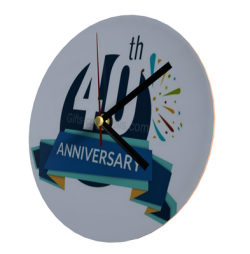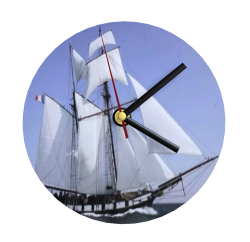Clapperboard
An unusual gift idea? An original decor idea? The cinema clapper. The clapperboard is a symbolic object of cinema. It was already used in the silent movies, and its name originates from tap dancers. Even if today the professional claps have become digital, the black wooden clapper remains associated with the cinema and has become a beautiful object of decoration. The clap announces with its particular noise the start of the shooting. The tap is shown briefly in front of the camera at the start of each recording to identify the shots and to number the scene. These are benchmarks to facilitate the synchronization of sound and image during editing. This nice clapper is an original idea to decorate your dining room or your bedroom. You can put it on a piece of furniture or hang it on the wall. A fantastic idea to give to a movie buff or a teenager who loves science fiction or action movies. An essential accessory to animate an event on the theme of cinema or to make your own videos. It adds a fun touch to your shots. The clapperboard is in black wood. As with a real shoot, fill in the boxes with chalk with the name of the director, the title of the film, the camera used and the number of the scene. A fun and playful gift on the occasion of a birthday.
- Personalisable












